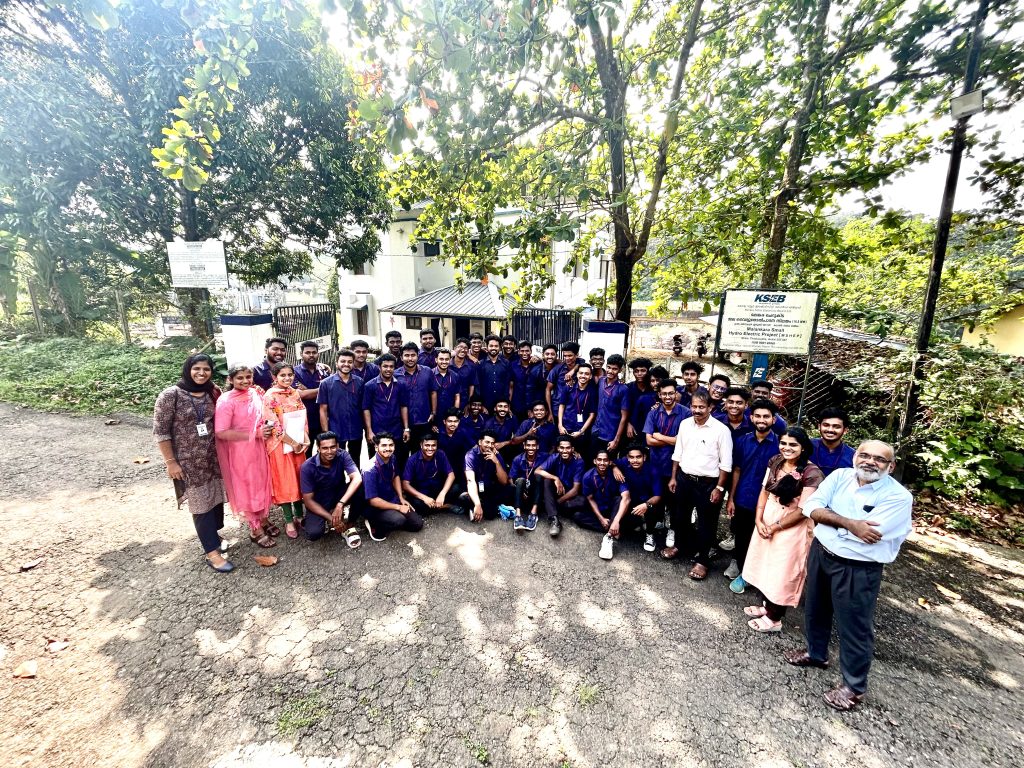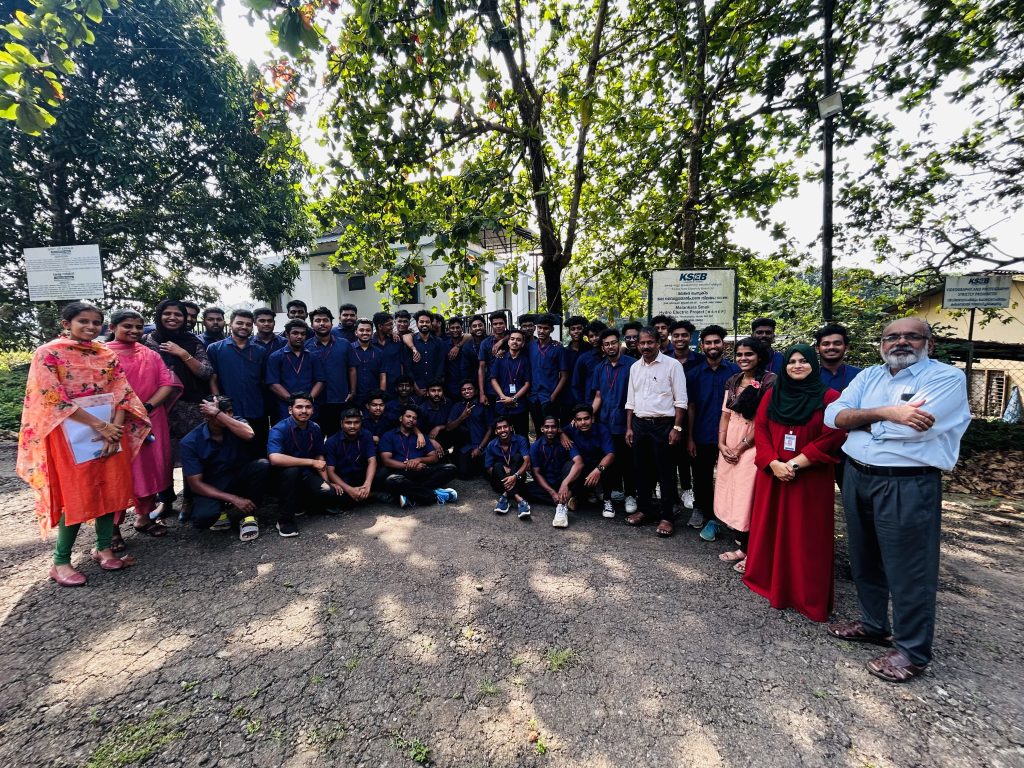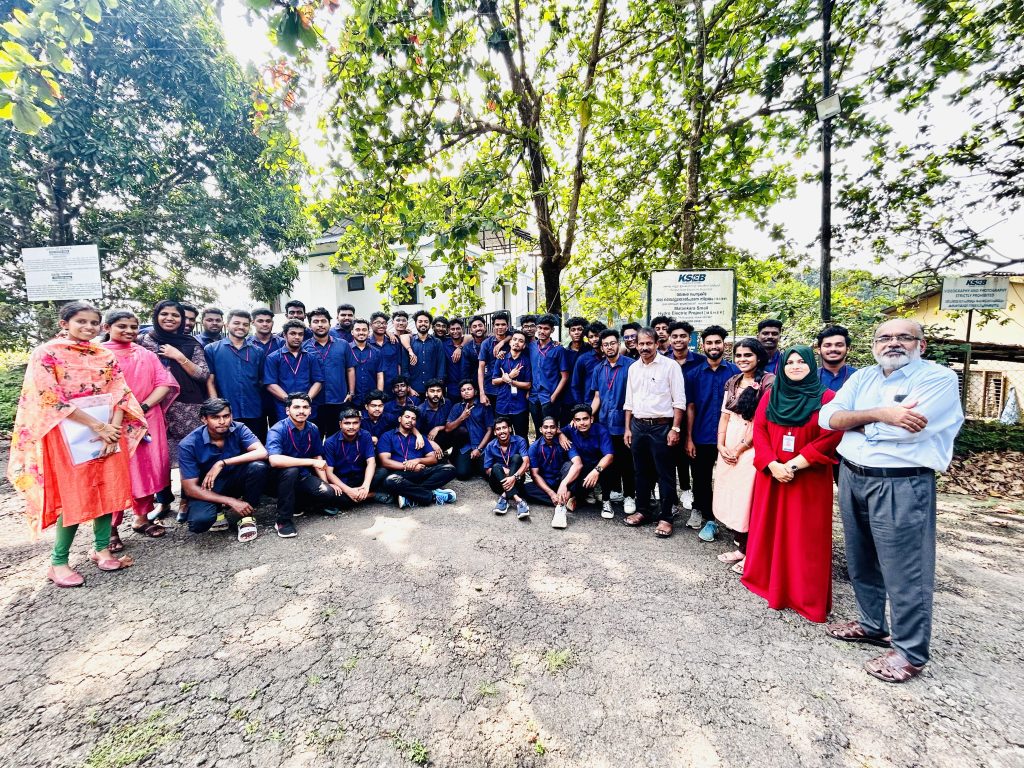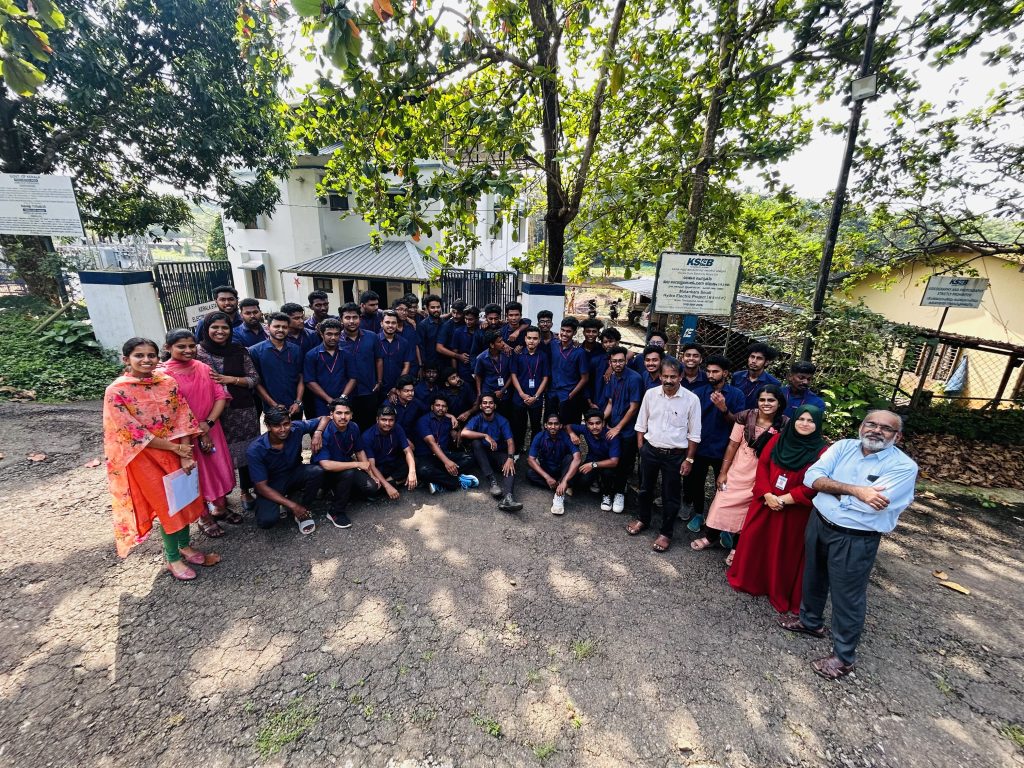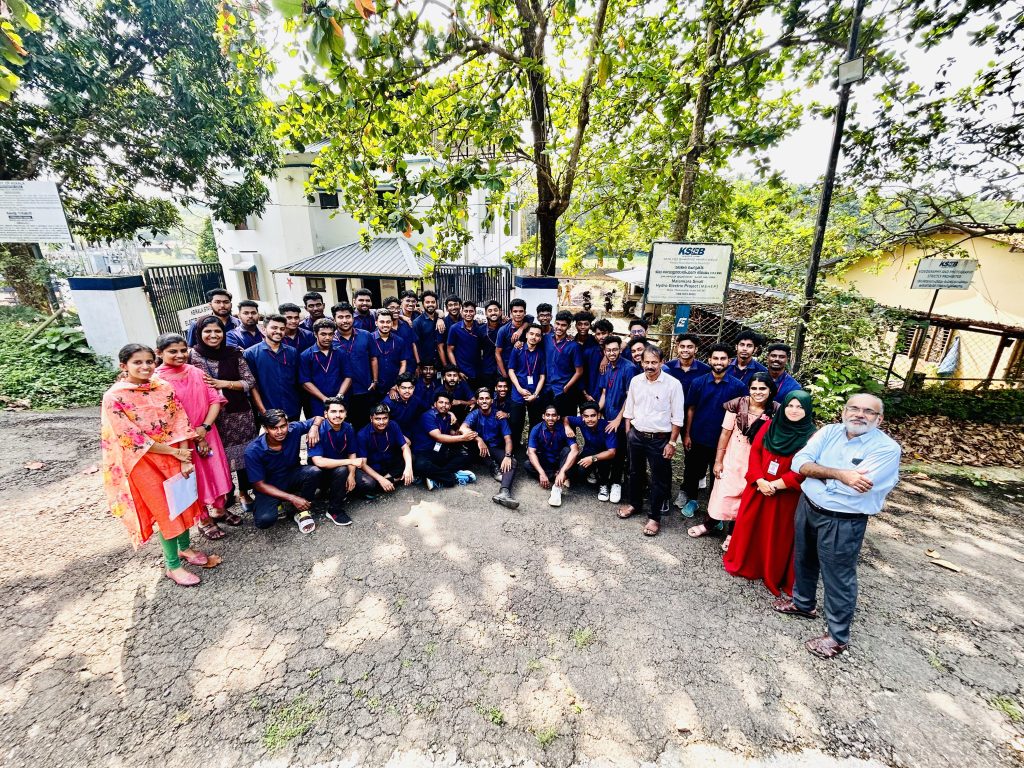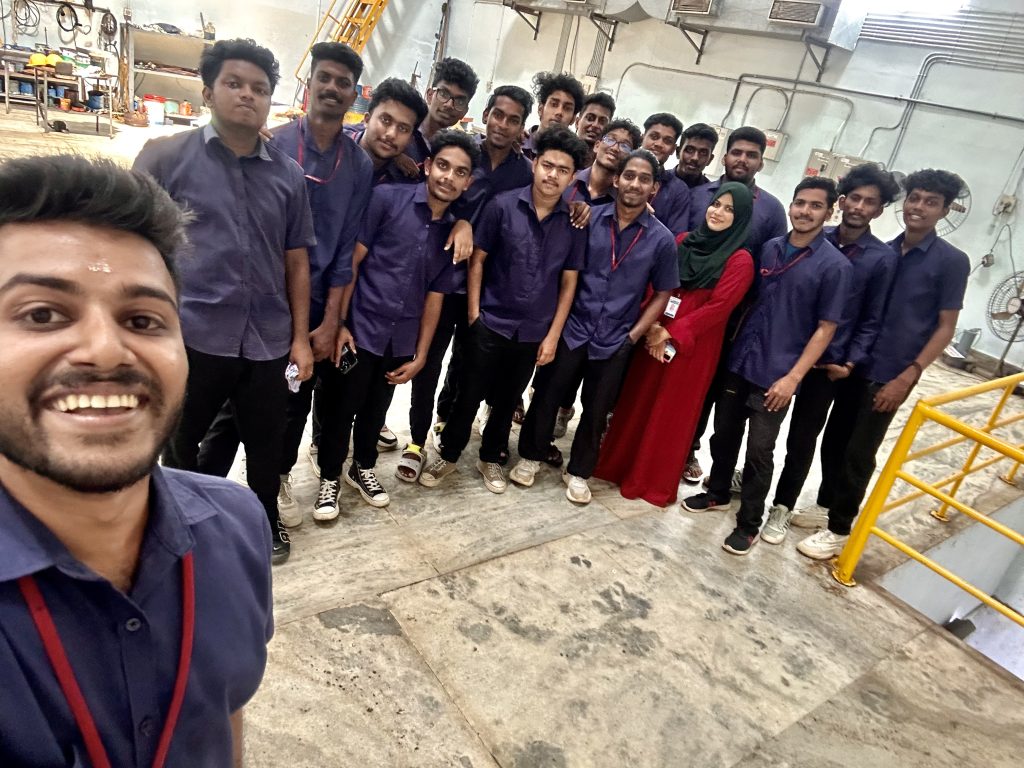PROGRAMMES
The Department of Electrical and Electronics Engineering offers a six semester course in Electrical and Electronics Engineering that leads to a diploma in Electrical and Electronics Engineering. Electrical engineering diploma holders have favourable job opportunities. They have job prospects in engineering and business consulting firms, government agencies, manufacturers of electrical and electronic goods, office equipments, industrial machinery and professional and scientific instruments. Students interested to continue their studies are eligible to join B.Tech courses through lateral entry tests.
Electrical and Electronics engineering is an engineering discipline concerned with the study, design , development and application of equipment, devices, and systems which use electricity, electronics, and electromagnetism. It emerged as an identifiable occupation in the latter half of the 19th century after commercialization of the electrical power generation, distribution, and use.
Electrical and Electronics diploma engineers are involved in developing, testing, and supervising the manufacture of electrical equipments such as electric motors, power generation equipment, or communications systems. They are also responsible for developing the systems of auto motives.
Typical duties of Electrical and Electronics diploma engineers include:
- Developing new ways to use electrical power
- Performing calculations for developing construction, installation, and manufacturing specifications and standards
- Directing the manufacturing, installation, and testing of electrical equipment to ensure that products meet codes and specifications
- Investigating complaints from customers, evaluating problems, and recommending solutions
- Working with managers to improve production efforts
VISSION OF THE DEPARTMENT
‘To develop technologically competent Electrical and Electronics engineering professionals having innovative skills and ethics conducive to the development of society’.
MISSION OF THE DEPARTMENT
M1 – To provide an excellent academic ambience and training for moulding competent professionals in Electrical and Electronics engineering.
M2 – To facilitate continuous learning environment for a culture of innovation.
M3 – To promote collaborative activities to develop social & ethical values.
Programme Educational Objectives (PEOs)
PEO.1
Able to handle modern tools and take diverse career paths for employment/ entrepreneurship/ higher education.
PEO.2
Excellent with skills related to industrial scenario and leadership.
PEO.3
Program Specific Outcomes (PSOs)
The professionals will be able to design the electrical schemes andimprove engineering solutions in the areas related to power electronics, power systems and electrical drives.
The professionals will be able to apply specific knowledge to provide innovative ideas in electrical system design, automation and control.
SYLLABUS
LABORATORY/WORKSHOP
ACTIVITIES
FACULTIES
HOD
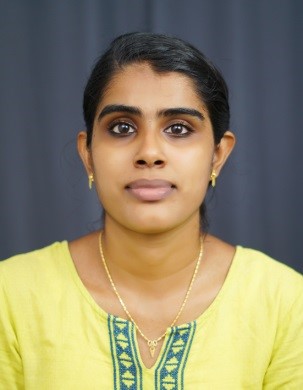
LECTURER
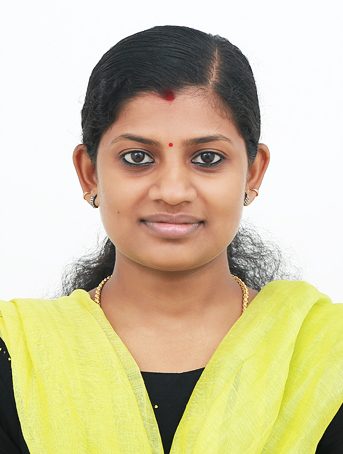
LECTURER
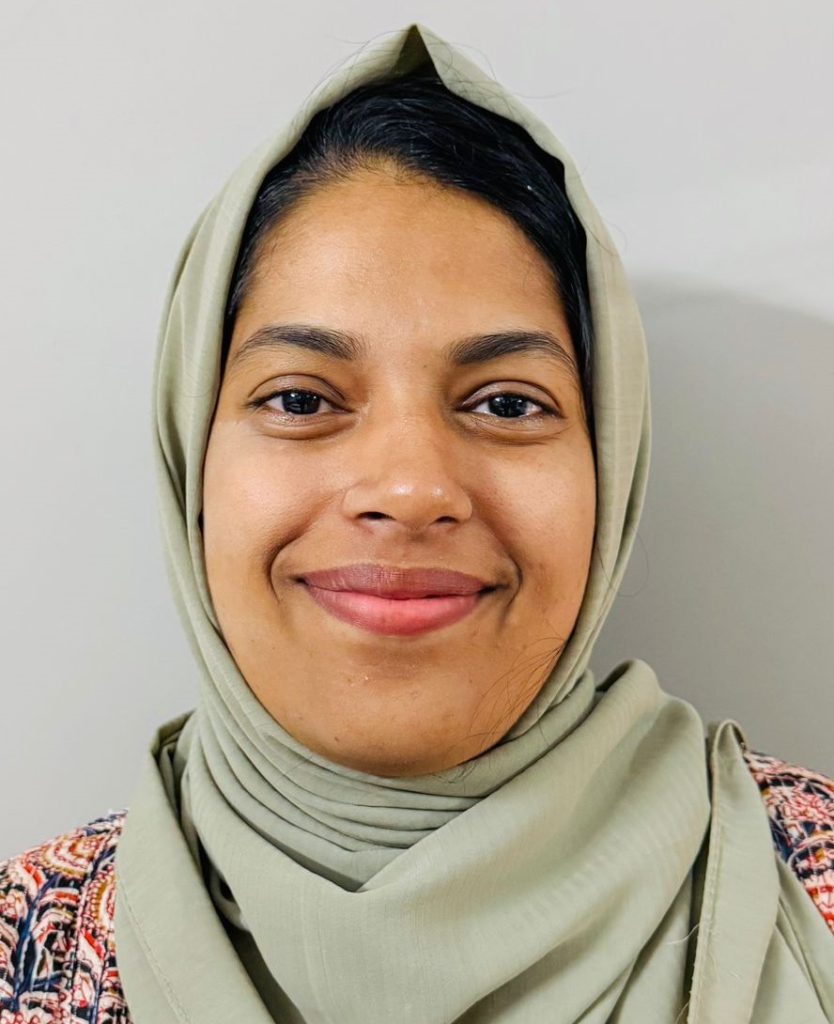
LECTURER

LABORATORY STAFF
DEMONSTRATOR
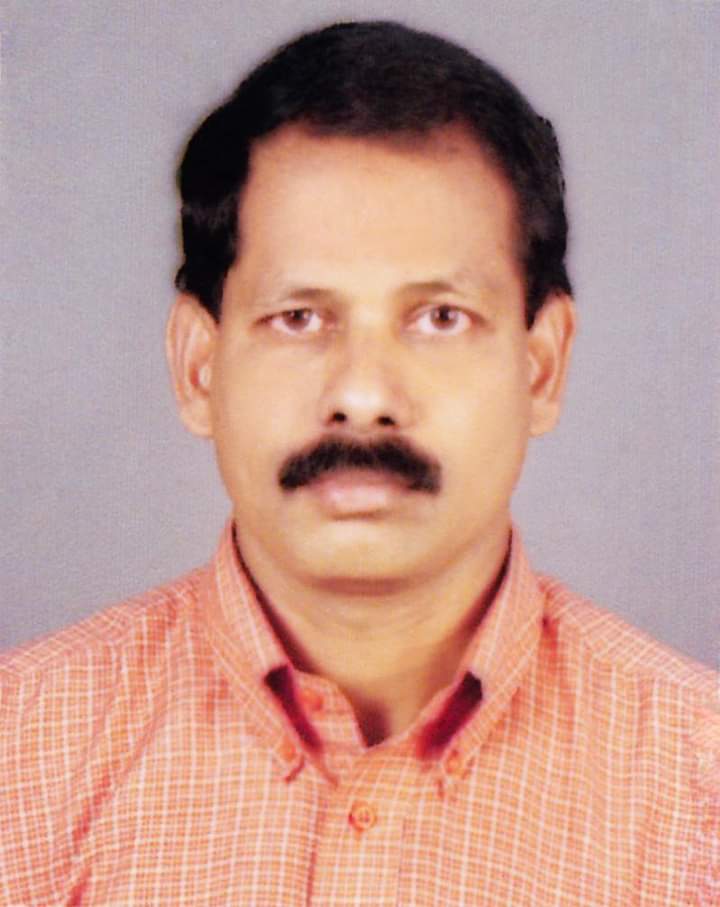
TRADE INSTRUCTOR
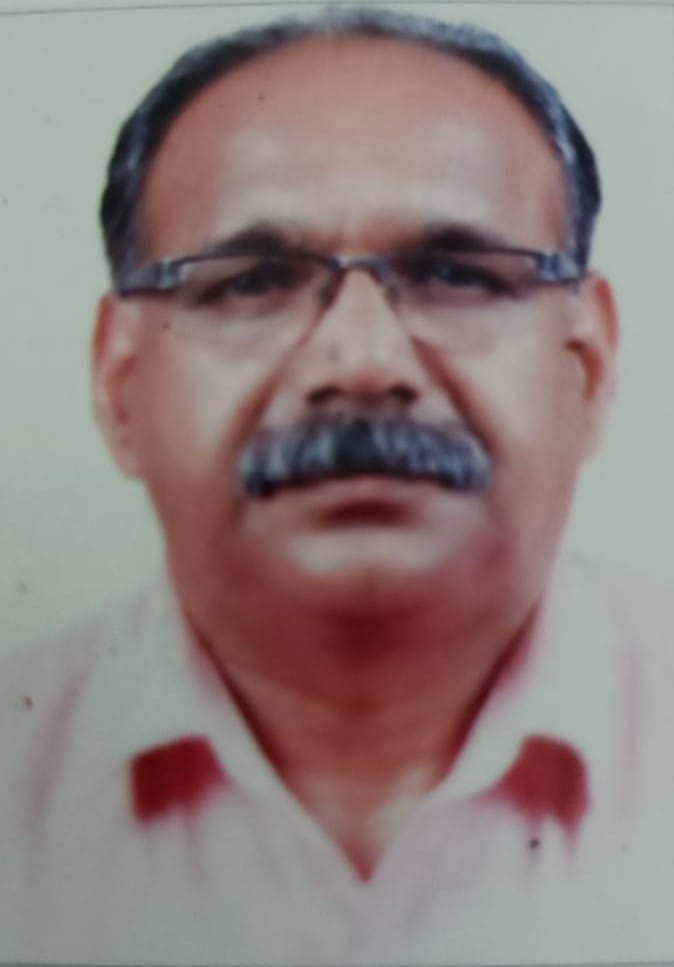
Industrial Visit
2023-24
